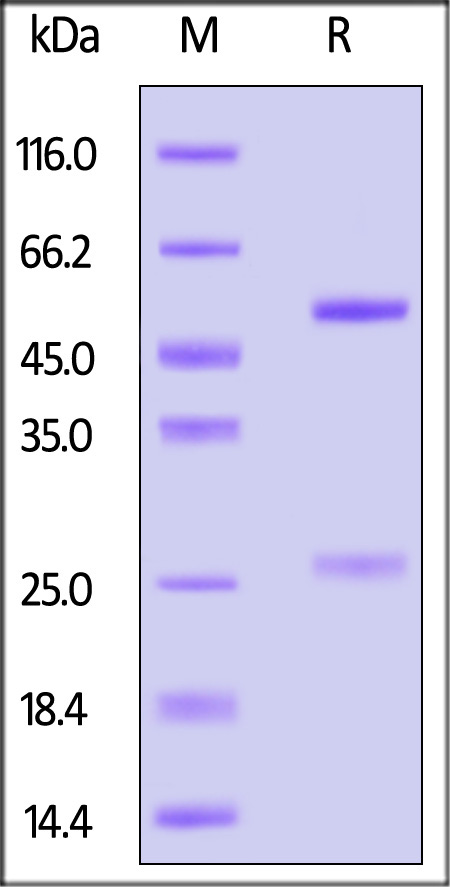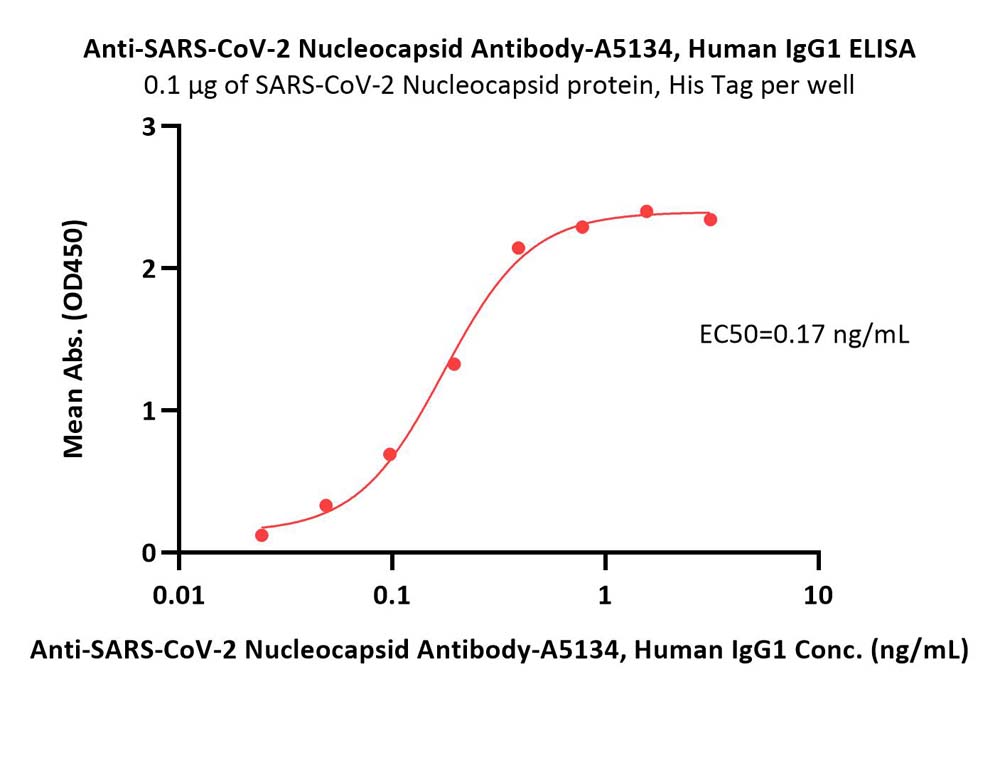Ni/Fe-MOF Electrochemical Transistor Biosensors with 3D Debye Space for Ultrasensitive Detection of Coronavirus Nucleocapsid ProteinTan, Shen, Zheng
et alSmall (2025)
Abstract: Electrochemical transistor (ECT) biosensors can achieve ultrahigh sensitivity, while keeping challenges for large biomolecules due to their sizes over the thickness of the electric double layer (EDL) causing a failure of sensing reaction. Here, wafer-level Ni/Fe-metal-organic framework (MOF) films and corresponding ECT biosensors are fabricated for the detection of coronavirus nucleocapsid protein, which realize an ultralow detection limit of 1 fg mL-1 and a wide detection range of 1 fg mL-1 to 100 pg mL-1. A 3D Debye space, originating from the unique stacking structure of nanosheets and nanoparticles in Ni/Fe-MOF film, is proposed to explain such ultrahigh sensitivity, which ensures the immune-binding and sensing process of the nucleocapsid protein large molecules located in the effective EDL space. Moreover, an appropriate Ni/Fe molar ratio is optimized to enhance the transmission of carriers, thus improving the signal-to-noise ratio and the sensing response. The Ni/Fe-MOF-ECT biosensors will find applications in highly sensitive detection for large biomolecules, and the 3D Debye space may be a design model for constructing other biosensors.© 2025 Wiley‐VCH GmbH.
Conserved Cysteines of a Putative Zinc Finger Motif in P48 Are Important for the Nuclear Egress of Nucleocapsids and the Envelopment of Occlusion-Derived VirionsMa, Li, Wang
et alViruses (2025) 17 (3)
Abstract: The open reading frame 103 (p48) of Autographa californica multiple nucleopolyhedrovirus (AcMNPV) is one of the 38 core baculovirus genes. p48 has been shown to be essential for the production of infectious budded virions (BVs), nuclear egress of nucleocapsids, envelopment of the nucleocapsid, and embedding of occlusion-derived virions (ODVs) into occlusion bodies (OBs). However, the structure-function relationship of P48 remains unclear. In this study, we showed that four conserved cysteines (C127, C130, C138, and C141) in P48 may form a zinc finger motif based on a predicted structure analysis, and we investigated the roles of these cysteines in P48 function. AcMNPV bacmids lacking p48 or containing mutated p48 were generated. Transfection/infection assays showed that C127, C130, C138, and C141 in P48 were crucial for infectious BV production. Electron microscopy analysis further confirmed that these four cysteines played critical roles in the transport of nucleocapsids out of the nucleus for BV production, and in ODV envelopment. These results demonstrate that the conserved cysteines C127, C130, C138, and C141, related to the putative zinc finger motif, are critical for P48 function in baculovirus infection.
Colorimetric Reverse Transcription Loop-Mediated Isothermal Amplification with Xylenol Orange Targeting Nucleocapsid Gene for Detection of Feline Coronavirus InfectionKhumtong, Rapichai, Saejung
et alViruses (2025) 17 (3)
Abstract: Feline infectious peritonitis (FIP), a devastating disease with near-complete mortality, is caused by the feline coronavirus (FCoV) and affects domestic cats worldwide. Herein, we report the development of a reverse transcription loop-mediated isothermal amplification (RT-LAMP) assay incorporating xylenol orange (XO) as a visual indicator for FCoV detection. The assay employed six oligonucleotide primers targeting regions of the nucleocapsid (N) gene. Under optimized conditions (65 °C, 60 min), amplification products were detected through pH-dependent colour changes in the XO dye. The RT-LAMP-XO assay exhibited high specificity for FCoV, with no cross-reactivity against other common feline viral pathogens. While the detection limit (1.7 × 101 copies/µL) was an order of magnitude higher than that of qPCR, the method offered advantages in simplicity and speed compared to existing diagnostic approaches. Although less sensitive than qPCR, the RT-LAMP-XO assay may serve as a rapid screening tool when used in combination with additional primer sets. These findings demonstrate the potential utility of XO-based RT-LAMP as a simple, visual detection method for FCoV infection.
Emergence of Equine-like G3P[8] Rotavirus Strains Infecting Children in VenezuelaVizzi, Rosales, Piñeros
et alViruses (2025) 17 (3)
Abstract: Rotavirus alphagastroenteritidis is the leading cause of acute gastroenteritis worldwide in young humans and animals. In 2023-2024, a relatively high rotavirus detection rate (34.5%) was detected in children with diarrhea in Caracas. All rotavirus strains were typed as P[8], using a multiplex RT-PCR assay, while the G-type was not identified. This unusual pattern, not previously observed in Venezuela, prompted the VP7 gene sequencing of nineteen strains, which displayed a high sequence identity (99.3-100%) compatible with the G3 genotype. These strains clustered into a well-supported lineage IX encompassing human reassortants of equine-like G3P[8] strains described elsewhere, showing a very close genetic relationship (99.0-99.9%). Old G3 rotavirus isolates obtained from diarrheic samples in the past were included in the analysis and grouped into lineage I together with ancestral reference G3 strains. The novel G3P[8]s carry amino acid changes in VP7-neutralizing epitopes, compared with the RotaTeq-WI78-8-vaccine strain. Full genome sequencing of a representative strain revealed a genotype constellation including an equine-like G3P[8] in a DS-1-like backbone (I2-R2-C2-M2-A2-N2-T2-E2-H2), confirming the role of animal strains as a source of diversification, and the importance of unceasingly revising molecular typing strategies and vaccine efficacy to guarantee their success.


























































 膜杰作
膜杰作 Star Staining
Star Staining















